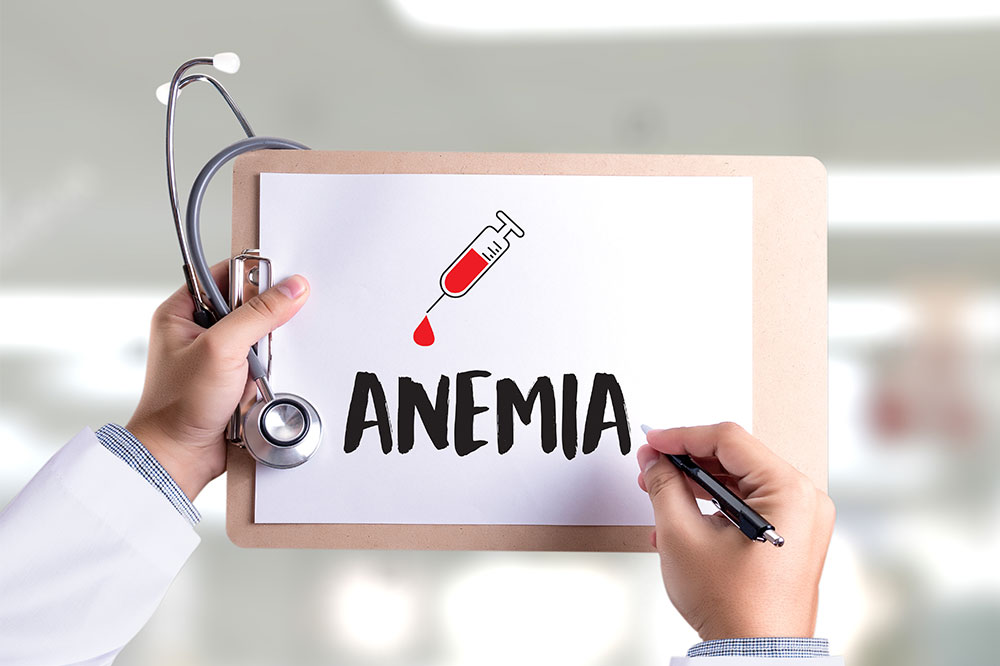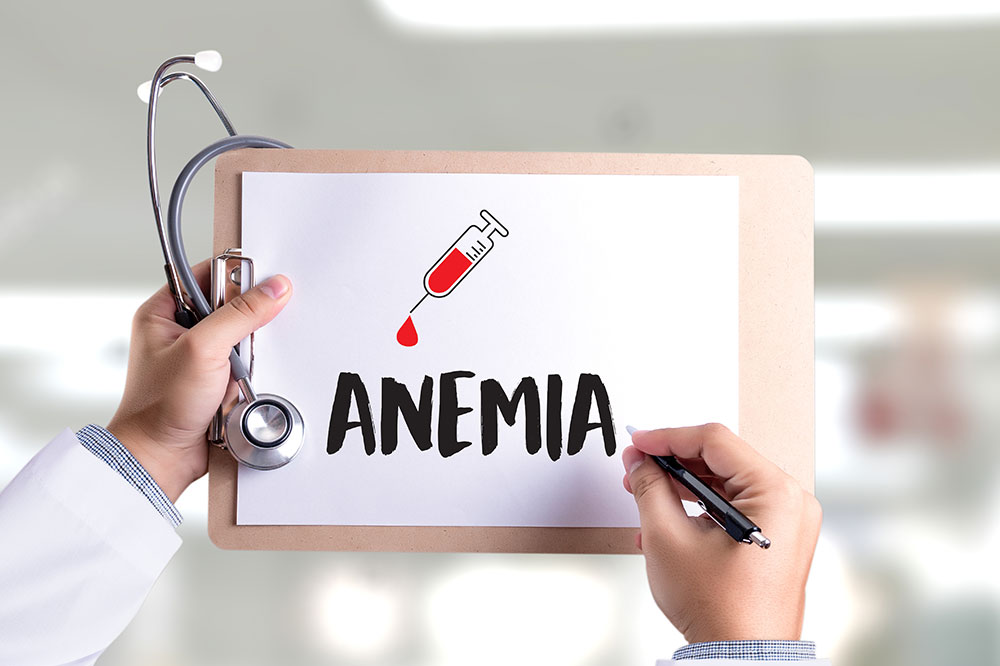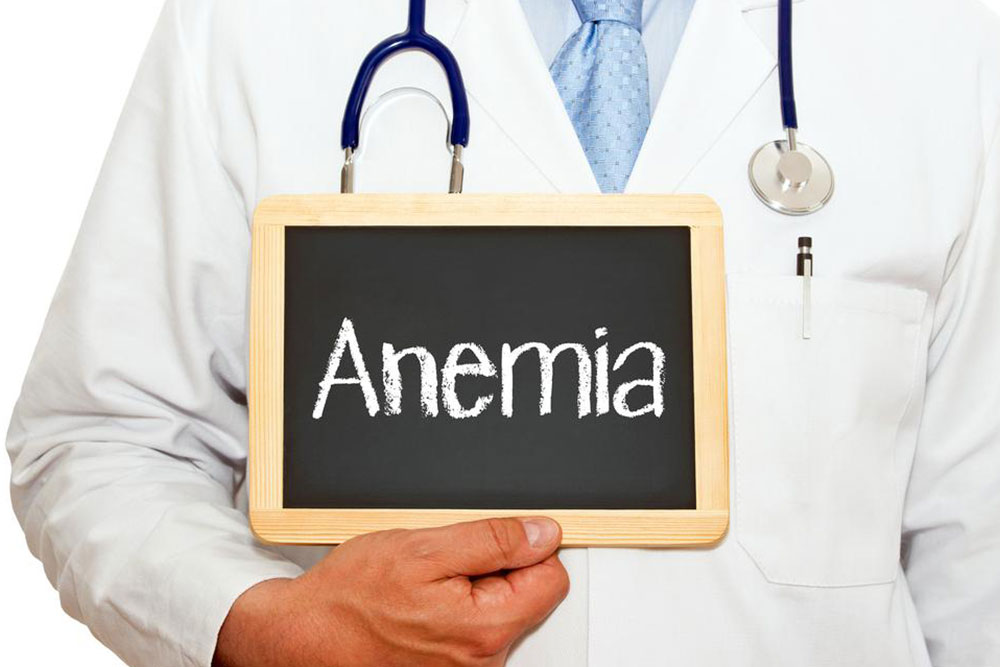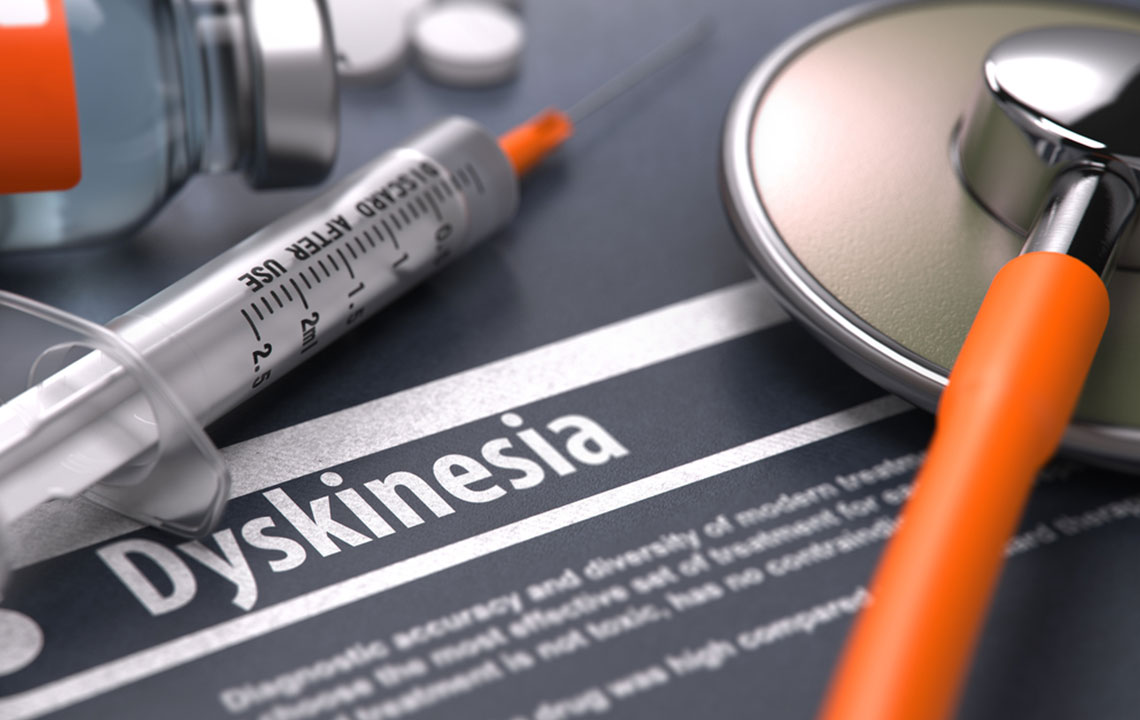In-Depth Examination of Anemia: Causes, Types, and Preventive Strategies
This comprehensive guide explores anemia, detailing its causes, types, symptoms, diagnostic methods, and preventive strategies. Learn how nutritional habits and regular health checkups can help in early detection and management of this common blood disorder for better overall health.

In-Depth Examination of Anemia: Causes, Types, and Preventive Strategies
Anemia is a widespread blood disorder that affects millions of people worldwide. It primarily involves a deficiency in the number or quality of red blood cells, which are crucial for carrying oxygen throughout the body. This condition can manifest in various symptoms, including persistent fatigue, pale skin complexion, dizziness, shortness of breath, and a general feeling of weakness. Understanding the intricacies of anemia, its different types, causes, and prevention methods, is essential in promoting better health and preventing complications.
While often associated with nutritional deficits, anemia can be caused by numerous underlying factors, ranging from dietary insufficiencies to chronic diseases and inherited conditions. Recognizing the diverse origins of anemia can help in early diagnosis and tailored treatment approaches. Various types—from iron deficiency anemia to pernicious, aplastic, and autoimmune hemolytic anemia—each have unique characteristics, causes, and treatment options.
Diagnosis of anemia typically involves comprehensive blood tests, including complete blood count (CBC), serum ferritin, vitamin B12, folic acid levels, and sometimes bone marrow analysis. These diagnostic tools are vital in identifying the specific type of anemia and guiding appropriate treatment plans. Management strategies often encompass dietary modifications, supplementation, medications, and in some cases, blood transfusions or bone marrow transplants. Preventive measures center around ensuring adequate intake of essential nutrients such as iron, vitamin C, vitamin B12, and folic acid, along with regular health screenings.
Maintaining optimal nutritional health is a key factor in anemia prevention. Consuming iron-rich foods such as lean meats, leafy greens, legumes, and fortified grains, combined with vitamin C-rich foods to enhance iron absorption, can significantly reduce risk. For those with increased vulnerability—such as pregnant women, infants, and individuals with chronic illnesses—preventive supplementation and regular monitoring are recommended.
Early detection of anemia through routine health checkups is crucial for effective management and avoiding serious health complications. With prompt diagnosis and appropriate intervention, most types of anemia can be effectively controlled or cured. This underscores the importance of personal health awareness and proactive medical care to ensure a healthy, energized life.





